Physicist who won medicine Nobel prize in 2003 for body scanning technology has died aged 83
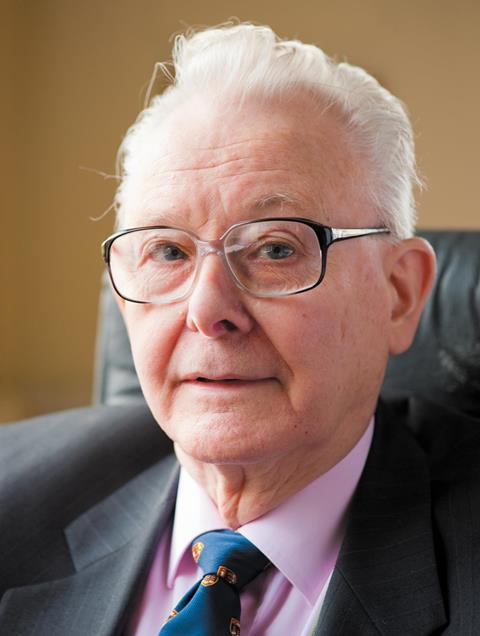
Peter Mansfield, who won the medicine Nobel prize in 2003 for developing magnetic resonance imaging (MRI), has died aged 83. The scanning technology he pioneered in the 1970s is now routinely used for diagnosing illnesses and injury – nowadays virtually every hospital has a MRI machine.
Mansfield was born in 1933 in Lambeth, London. His academic career got off to a shaky start when he failed his 11-plus exam, which dictates which secondary schools can be attended. Aged 15 he went to work as a printer’s assistant, but developed an interest in rockets over the next few years and subsequently went to work for the Ministry of Supply at the Rocket Propulsion Department in Buckinghamshire. Eventually he went on to study for a degree, and later a PhD, in physics at Queen Mary College at the University of London. After a brief postdoc in the US, he became a physics lecturer in 1964 at the University of Nottingham, where he remained for the rest of his career.
He is credited with furthering the MRI techniques invented by chemist Paul Lauterbur, with whom he shared the 2003 Nobel, by showing how MRI signals can be mathematically interpreted and translated into images. He went on to develop methods that could make scans of the human body and produce clearer images in a matter of seconds. In 1978 he tested the first whole-body MRI scanner on himself, despite the potential risks.
The University of Nottingham said in a statement that Mansfield had ‘changed the world’ through his research, and that he would be ‘hugely missed’ by his family and former colleagues.


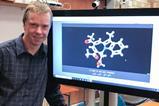


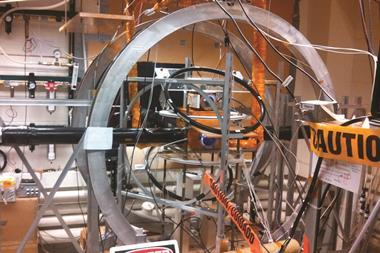
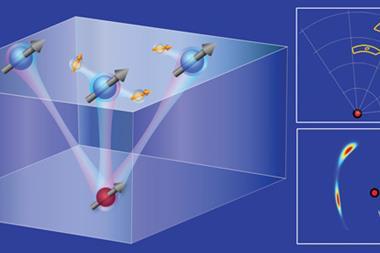
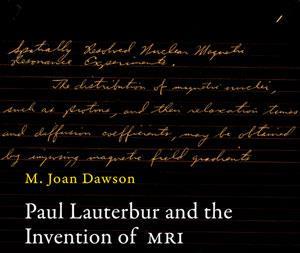
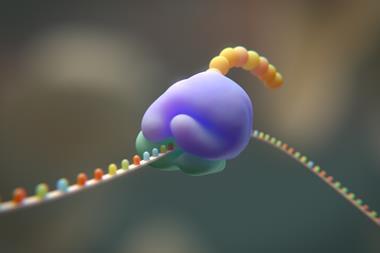



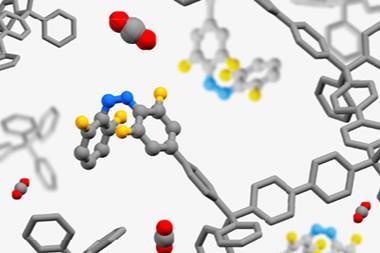

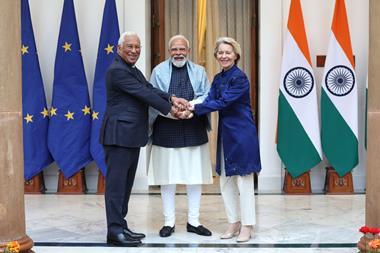

No comments yet